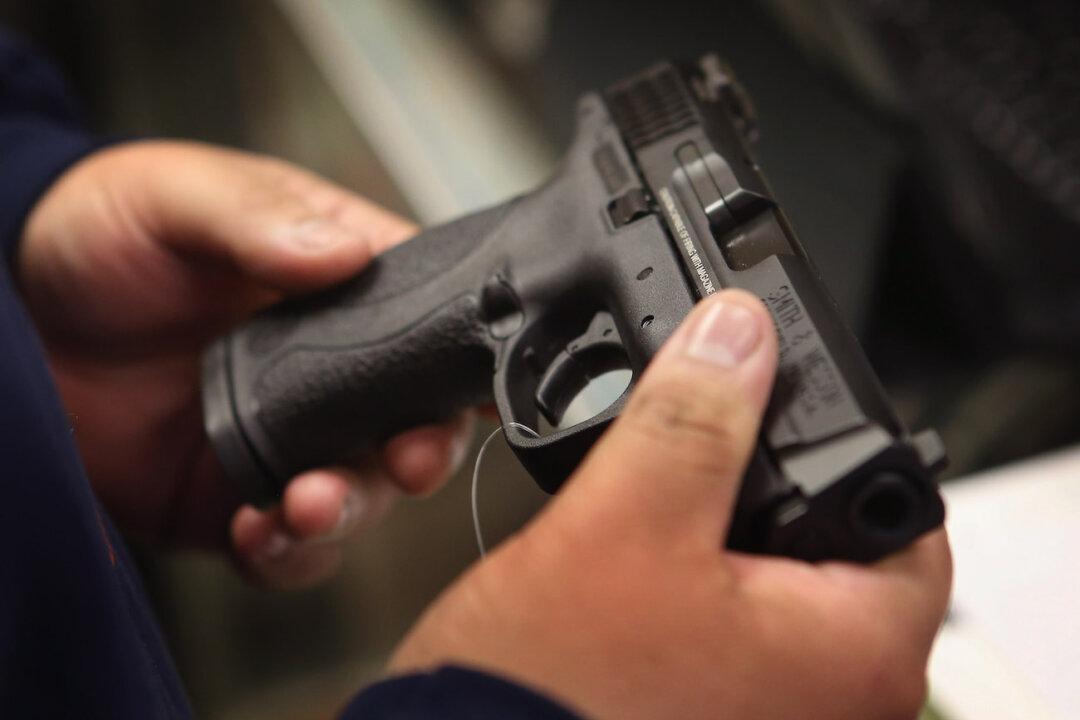A federal law that bars people who have been indicted from receiving firearms is lawful, even in light of recent U.S. Supreme Court rulings, a federal appeals court has concluded.
18 U.S. Code, Secton 922(n) prohibits people from receiving a gun or ammunition if they are under indictment for a crime punishable by more than one year in prison.





